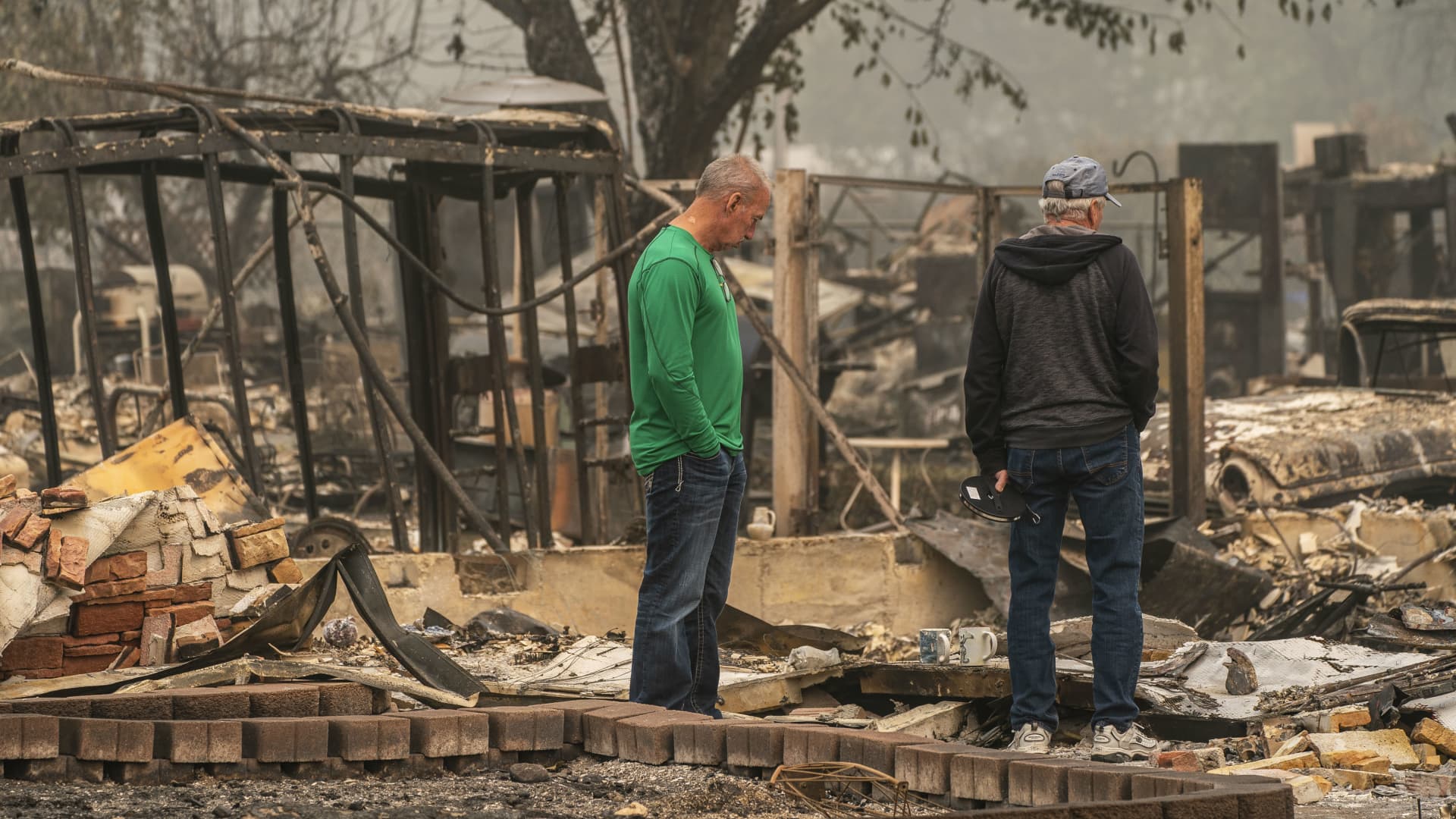While some truth it was presented from a biased perspective. What is missing is a broader perspective of the tradeoffs.
The formula of the presentation is to present information regarding a specific type of risk and then to provide a solution that reflects the biases of the presenter.
My god how is it possible that our ancestors survived before modern codes.
To reduce risks you will have to spend more money, which means that fewer people can afford the housing. Are you willing to subsidize the cost of housing for those who cannot afford housing?
Then there is the elephant in the room, namely the existence of all the existing buildings. Focusing on new construction will not address the deficiencies in existing buildings for al least a couple of generations. Is the government willing to mandate that all existing houses be upgraded to the current building code? If a jurisdiction were to require that all buildings be upgraded to the current code I fear for the safety of the elected officials and public employees. What are individuals on limited incomes such as social security to do when they can not afford the cost of the upgrades. One solution is for the grandparents to move in with you.
Then there is the IBC which purports to provide simple solutions that does not require an engineer. The reality is that if you are honestly concerned about wind, earthquake, of flooding you need somebody who understands the technical issues. This means that you need to hire an engineer. But of coarse contractors will scream and building department personnel who do not understand engineering will feel threatened.
In my experience when an engineer is involved in the design of a building that could be permitted with the IRC the engineer performs the design based on the provision in the IBC.

 www.cnbc.com
www.cnbc.com

